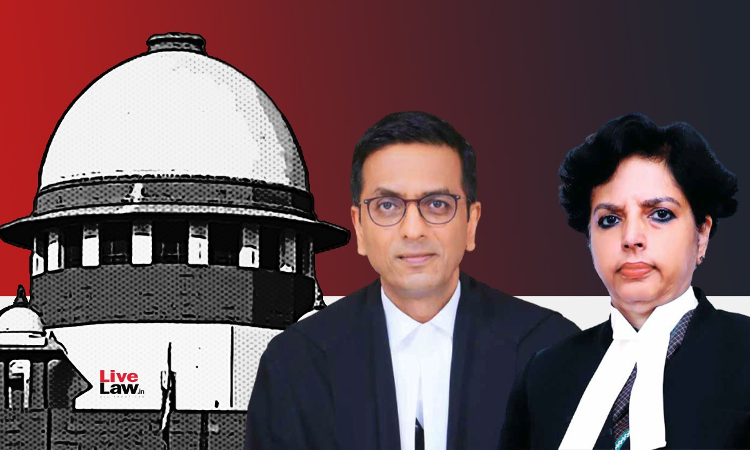Dying Declaration Does Not Become Inadmissible Merely Because Police Officer Recorded It : Supreme Court
Ashok KM
31 Oct 2022 5:00 PM IST

Next Story
31 Oct 2022 5:00 PM IST
The Supreme Court observed that dying declaration does not become inadmissible merely because it was recorded by police personnel.Although a dying declaration ought to ideally be recorded by a Magistrate if possible, it cannot be said that dying declarations recorded by police personnel are inadmissible for that reason alone, the bench of Justices DY Chandrachud and Hima Kohli said.The...
